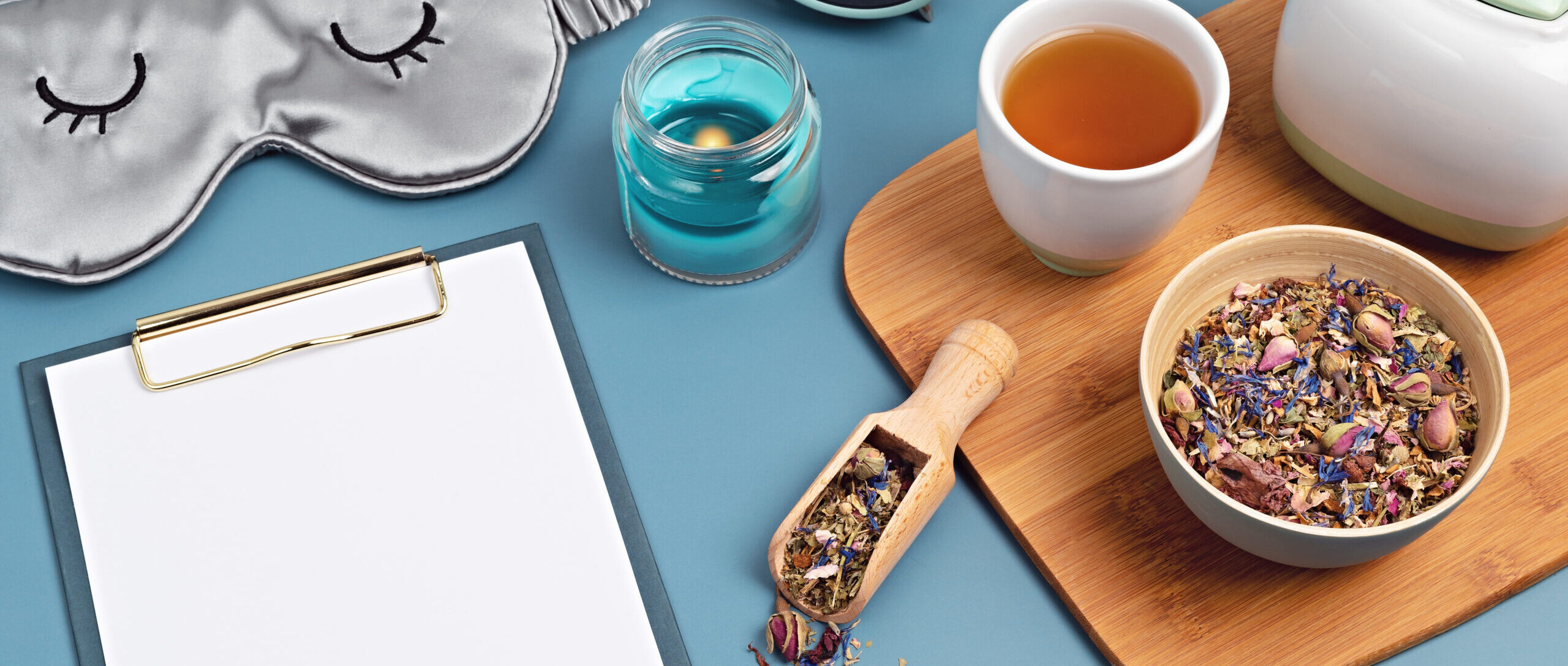
Creating a Personalized Sleep Plan for the New Year: Rest Your Way to a Healthier You
As the new year rolls in, it’s the perfect time to focus on self-improvement and make lasting changes to your routine. One area that’s often overlooked but has a huge impact on your overall health is sleep. Quality sleep is essential for physical health, mental clarity, mood regulation, and even weight management. If you’re ready to make sleep a priority in 2024, creating a personalized sleep plan can help you feel more rested, energized, and ready to take on the year ahead.
At our sleep medicine practice, we believe that good sleep isn’t just about getting more hours in bed—it’s about creating a sustainable routine that works for you. Here’s how you can start building your own personalized sleep plan for a healthier, more restful new year.
1. Assess Your Current Sleep Habits
The first step in creating a sleep plan is understanding where you stand. Take a moment to evaluate your current sleep routine. Are you waking up feeling refreshed, or do you struggle to get out of bed? Do you have trouble falling asleep, or do you wake up frequently during the night? Tracking your sleep patterns for a few days can give you valuable insights into areas that need improvement.
One tool you might find helpful is a sleep journal. Write down the time you go to bed, the time you wake up, how many times you wake during the night, and how rested you feel in the morning. This can help pinpoint any patterns or habits that might be affecting your sleep quality.
2. Set Realistic Sleep Goals
Now that you have a clearer picture of your sleep habits, it’s time to set some realistic goals. Quality sleep is more important than quantity, but aiming for 7-9 hours of sleep per night is a good target for most adults. If you’re falling short of this, try to gradually adjust your bedtime by 15-30 minutes each week until you’re getting the right amount of rest.
Another important goal is sleep consistency—going to bed and waking up at the same time every day, even on weekends. This helps regulate your body’s internal clock (circadian rhythm), making it easier to fall asleep and wake up naturally. Think of it as creating a rhythm that your body can depend on, which leads to better overall sleep quality.
3. Create a Relaxing Bedtime Routine
A relaxing bedtime routine signals to your body that it’s time to wind down and prepare for sleep. Start by eliminating any stimulating activities (like checking emails or scrolling through social media) at least 30-60 minutes before bed. Instead, opt for calming activities such as:
- Reading a book (preferably something light and enjoyable)
- Taking a warm bath or shower
- Listening to soothing music or guided meditations
- Doing gentle stretches or yoga
You can also create a more inviting sleep environment by keeping your bedroom dark, quiet, and cool. Consider using blackout curtains or an eye mask, and a white noise machine or earplugs if outside noise is an issue.
4. Limit Stimulants and Screen Time
One of the biggest disruptors of sleep is the blue light emitted by screens. Phones, laptops, and televisions can trick your brain into thinking it’s still daytime, making it harder to fall asleep. If possible, try to avoid screens at least 30-60 minutes before bed.
Additionally, be mindful of your caffeine and alcohol intake, especially in the afternoon and evening. Caffeine can stay in your system for hours, so try to limit coffee, tea, or soda after 2 or 3 p.m. While alcohol may initially make you feel sleepy, it can disrupt your sleep cycles and cause you to wake up during the night.
5. Make Your Bedroom a Sleep Sanctuary
Your bedroom should be a sanctuary that promotes rest. If you’re not getting quality sleep, it might be time to assess your sleeping environment. Is your mattress comfortable? Are your pillows supportive? Is the room temperature optimal for sleep?
In addition to comfort, your bedroom should be free of distractions. Keep work materials, TVs, and bright lights out of the room, as these can interfere with your ability to relax and sleep soundly.
6. Seek Professional Help if Needed
If you’ve tried to improve your sleep habits but still find yourself struggling with sleep issues like insomnia, frequent waking, or snoring, it might be time to seek professional help. Sleep disorders like sleep apnea, insomnia, or restless leg syndrome can significantly impact your quality of life and may require specialized treatment.
At our sleep medicine practice, we can help diagnose and treat underlying sleep conditions. With a personalized treatment plan tailored to your specific needs, you can finally achieve the restful sleep you’ve been missing.
7. Practice Patience and Consistency
Creating a new sleep routine takes time and patience. Be kind to yourself and understand that results won’t happen overnight. Consistency is key. If you slip up, don’t get discouraged—just get back on track the next night. Building a new sleep habit may take a few weeks, but once you’ve found a routine that works for you, the benefits will be well worth the effort.
Better Sleep for a Better You
A personalized sleep plan is one of the best gifts you can give yourself this year. By assessing your current sleep habits, setting realistic goals, and creating a bedtime routine that promotes relaxation, you can achieve better sleep and improved overall health. Whether it’s ensuring your sleep environment is perfect or seeking professional help for sleep disorders, the key to better rest is finding what works best for you and sticking to it.
If you’re struggling with sleep or want to fine-tune your routine, we’re here to help. Contact our sleep medicine practice to learn more about how we can help you create the perfect sleep plan for a healthier, more rested 2024. Sweet dreams await!
